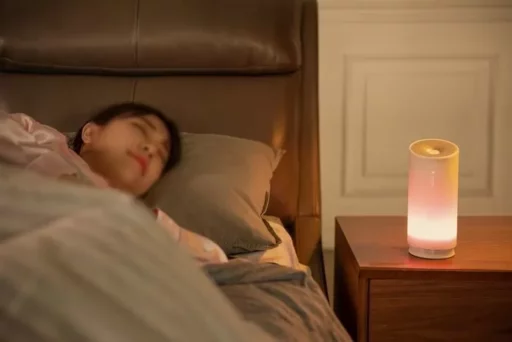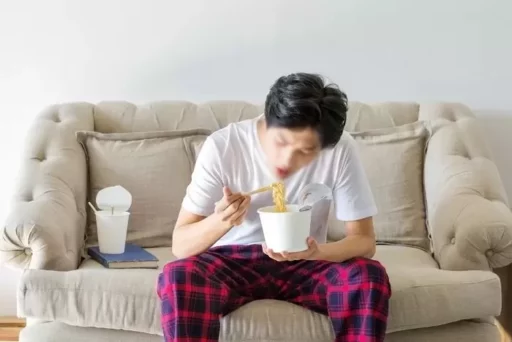National life has become more fatigued and lonely.
The daily lives of citizens have become more tiring and solitary compared to five years ago.
According to the '2024 Time Use Survey Results' released by the Statistics Korea on the 28th, the average sleep time of citizens has decreased for the first time since the survey began, and the proportion of people who are unable to sleep properly has increased. In particular, among those in their 20s, who are suffering from employment difficulties, the phenomenon of eating lunch alone, referred to as 'honbap', was prominent, with one in three eating alone.

This survey was conducted with approximately 25,000 members of households aged 10 and over living in 12,750 sampled households nationwide.
The Time Use Survey, which started in 1999 and is conducted every five years, serves as an important indicator of changes in citizens' living patterns.
Decrease in sleep duration and increase in insomnia, rising fatigue among modern individuals
According to the survey results, citizens spend an average of 11 hours and 32 minutes on essential activities (sleep, meals, etc.), 7 hours and 20 minutes on obligatory activities (housework, studying, work, etc.), and 5 hours and 8 minutes on leisure each day.
Notably, the average sleep time of citizens has decreased for the first time since the survey began in 1999.
Sleep duration, which had steadily increased from 7 hours and 47 minutes in 1999 to 8 hours and 12 minutes in 2019, decreased to 8 hours and 4 minutes last year, which is 8 minutes less than five years ago. This decrease in sleep duration was observed across all age groups, with those in their 50s reporting the shortest sleep duration at 7 hours and 40 minutes.

On weekdays, the average sleep duration was 7 hours and 45 minutes, while on Saturdays it was 8 hours and 31 minutes, and on Sundays it was 8 hours and 49 minutes, indicating a pattern of compensating for sleep deprivation on weekends.
By age group, individuals in their 20s were found to go to bed the latest at 12:37 AM, while those aged 60 and over woke up the earliest at 5:56 AM.
Increase in 'honbap' and deepening social isolation among modern individuals
The proportion of 'insomniacs' has also increased across all age groups. Among those aged 60 and over, one in five (19.6%) reported insomnia, the highest rate, followed by those in their 50s at 11.1%.
On average, 1 in 10 citizens (11.9%) are unable to sleep properly, with the average time they struggle to sleep amounting to 32 minutes.

There were also notable changes in meal patterns. Citizens spend an average of 1 hour and 23 minutes on three meals a day, with an increasing proportion of individuals eating alone during all meals.
For breakfast, 41.7%, for lunch, 26.9%, and for dinner, 25.7% reported eating alone. Compared to 2019, the proportion of individuals in their 30s eating breakfast alone increased significantly from 36.7% to 45.5%.
For lunch, the proportion of those in their 20s eating alone increased from 26% to 32.1%, while for dinner, the figures rose from 30.6% to 34.8% for those in their 20s, and from 17.3% to 25% for those in their 30s. This indicates a depersonalization of social interactions, reflecting a deepening social isolation alongside the increase in single-person households.
Image source: Material photos for understanding the article / gettyimagesbank


